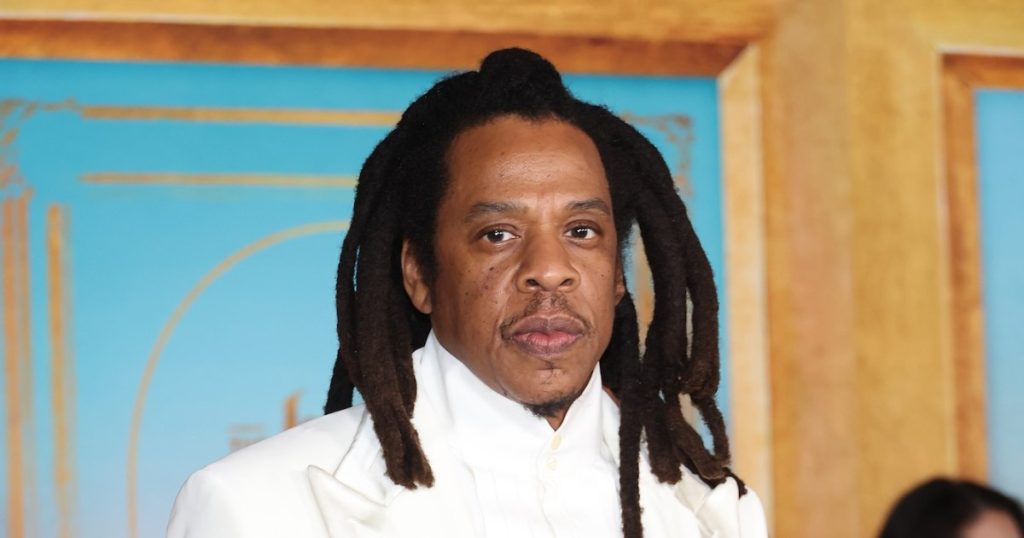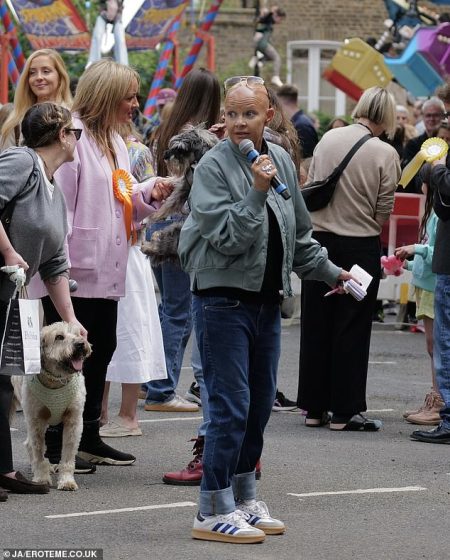Jay-Z and his lawyer are challenging a lawsuit accusing the rapper of rape by arguing that the alleged assault occurred before a new law offering civil recourse for victims of gender-motivated violence came into effect. The law was passed in December 2002, but the incident is said to have taken place in September 2000. The lawyer filed new paperwork seeking to dismiss the lawsuit on these grounds, stating that the law cannot have a retroactive effect. The woman suing Jay-Z, identified only as “Jane Doe,” claimed she was 13 at the time of the alleged rape, which also involved fellow musician Sean “Diddy” Combs, who denied the allegations.
A judge ruled that Jane Doe can remain anonymous in the case against Jay-Z, despite his lawyer’s attempts to have the case dismissed and Doe’s identity revealed. The judge indicated that the circumstances could change as the case progresses and that she would revisit the issue at a later time. Jay-Z’s lawyer was accused of being combative and trying to fast-track the case, according to court documents obtained by TMZ. Attorney Tony Buzbee, who represents Doe, commented on the rulings, stating that attempts to discredit him as the victims’ counsel are failing.
In addition to the rape allegations, Jay-Z and his lawyer are embroiled in a legal battle with Buzbee. Jay-Z is suing Buzbee, accusing him of extortion and defamation. Buzbee, in turn, filed a lawsuit against Jay-Z’s Roc Nation, claiming the company bribed his clients, threatened former clients, and impersonated state officials. Roc Nation dismissed the allegations as unfounded, calling the lawsuit “baloney.” The legal proceedings surrounding the rape accusations and the subsequent lawsuits highlight the complex and contentious nature of the case, with multiple parties involved and conflicting allegations being made. Each side is actively fighting its corner, using legal mechanisms to support their claims and protect their interests.















